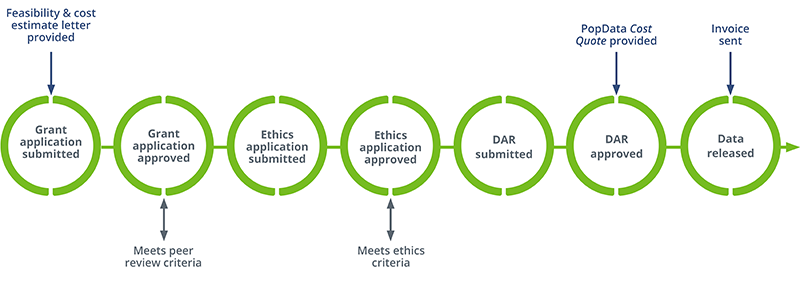Student Cost Waiver Policy
Waivers may be granted to students to cover the base project fee per student, per degree.
Only student projects that are used to fulfill program of study requirements can be deemed eligible for the student waiver. This means postdoctoral fellows and research associates are not eligible for the student waiver.
